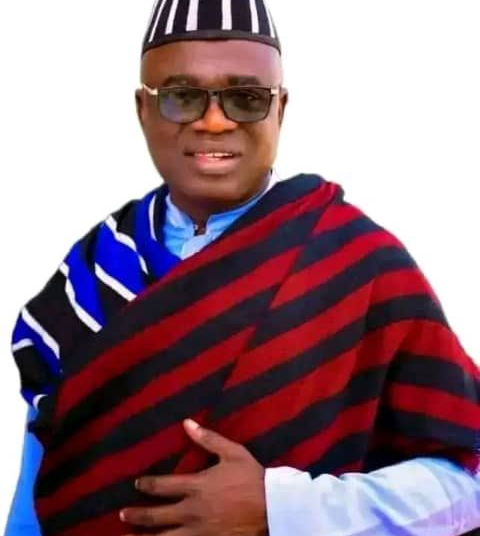Benue Agro-Climatic Resilience in Semi-Arid Landscapes (ACRESAL) has identified conflict among different community stakeholders as one of the major problems hindering the success of projects in some communities across the state.
Monitoring and Evaluation officer ACReSAL, Engr Samson Naakaa, who disclosed this during the stakeholders’ engagement in Makurdi, also explained that stakeholders’ conflict over who owns the project in their communities, community members’ lack of trust in external agents, ineffective leadership, and lack of community participation, among other challenges, are hindering the effective implementation of projects in most communities.
In a welcome address, the state coordinator, Dr. Victor Ama, explained that the ACReSAL Project aligns with the Federal Government of Nigeria in restoring one million hectares of degraded land out of the 4 million hectares target set for broader Landscape Restoration by 2030.
According to him, “The 19 northern states of Nigeria, including the Federal Capital Territory (FCT), are the beneficiaries of the ACReSAL Project which the total target population is 3.4 million direct beneficiaries by 2028.”
He said, “The Project Development Objective (PDO) is to increase the adoption of Sustainable Landscape Management practices in targeted Watersheds in Northern Nigeria and strengthen Nigeria’s long-term framework for Integrated Climate-Resilient Landscape Management.
“The Agro-Climatic Resilience in Semi-Arid Landscapes (ACReSAL) Project is a six (6) years World Bank Assisted project that seeks to address the challenges of Sustainable Landscape Management/Climate Change, which is a serious national threat with a significant impact on natural resources, ecosystem and biodiversity; predominantly in northern Nigeria.”
He said, “Northern Nigeria is a region that is characterised by high poverty rate, low literacy, fragile environment, conflicts, violence, degradation of natural resources, poor agricultural productivity, climate risks, desertification, poor penetration of modern technology, and weak institutional capacity. Hence the ACReSAL project to alleviate the plight of the suffering population.”
The coordinator explained that the project became effective in June 2022 and had four (4) components, which he named Dryland Management, Community Climate Resilience, Institutional Strengthening and Project Management, and Contingency Emergency Response.
While appreciating the Benue State Government for keying into this project to better the lives of the suffering population and the nation, Dr Ama informed that the stakeholders’ meeting is to discuss and strategise on crucial initiatives to enhance agricultural sustainability and resilience in the region.
Declaring the occasion open, the commissioner for Water Resources, Environment and Climate Change, Ugwu Odoh, said the stakeholders’ presence at the meeting signified their commitment to finding innovative solutions for the betterment of the agricultural sector.
According to the commissioner, who is also the chairman of the Benue ACReSAL Steering Committee, “the importance of such a diverse group of stakeholders coming together to address the challenges posed by climate variability and its impact on agriculture will yield a positive result.”






